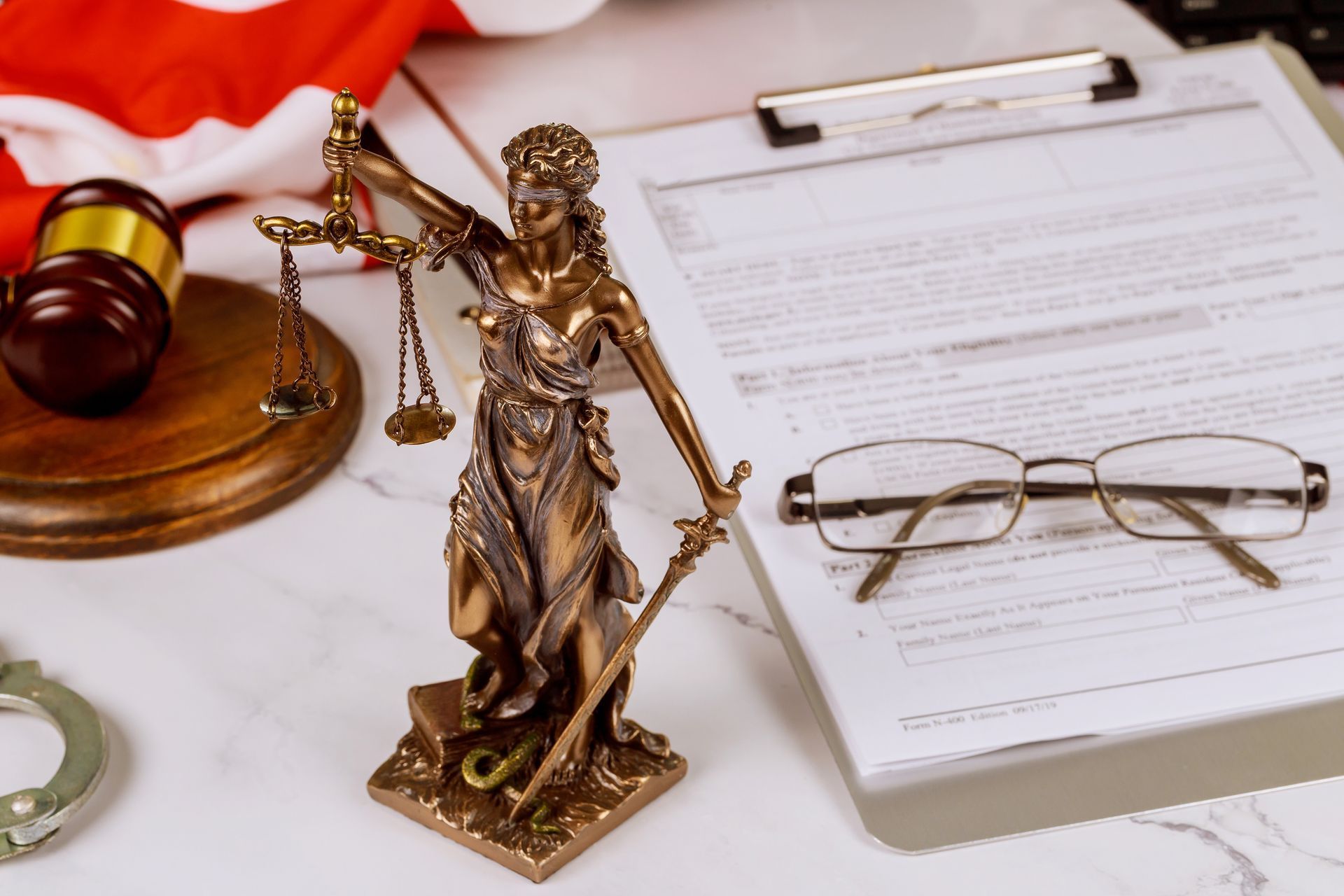5 Questions To Ask When Choosing A Guardian
Questions To Ask When Choosing a Guardian
The idea of your child(ren) being raised by anyone else is unpleasant, but taking the time to appoint a legal guardian is incredibly important. That said, you shouldn't necessarily choose the first person that comes to mind, whether that be a sibling or your parents. This is a massive responsibility that not everyone will be mentally, physically, or financially suited to.
To receive the peace of mind that comes with appointing a legal guardian, you'll need to select someone that you know will raise your child in a safe and stable household. You also want someone who will promote the values and provide the lifestyle that you would. If you have multiple candidates, you can narrow down the pool by asking yourself (and your candidates) these five questions.
1. How Is Their Relationship With Your Child?
The person you appoint as your child's legal guardian should be someone you trust explicitly, whether they be a friend or family member. You need to be absolutely certain that they'd understand and act in your child's best interests, even without you being there to provide input every step of the way.
Their current relationship with your child is just as important. In this scenario, your child would have experienced an immensely tragic loss and would be in a very vulnerable state. If their legal guardian is a distant family member or a family friend they've only met a few times, the transition to this new phase of their life could be traumatic.
Your chosen guardian should be someone that both you AND your child trust. They don't necessarily have to be a daily presence in your child's life, but they should have a close relationship with them based on love and respect.
2. What Is Their Age and Health Status?
Is your candidate physically and mentally healthy enough to take on this responsibility? Keeping up with children can take a lot of energy. Grandparents may be dependable babysitters, but would they be capable of taking care of your child full-time? Age is also an important factor. Coping with the loss of one or both parents is a long and difficult process. The last thing your child would need is to lose their legal guardian soon after. Children need some degree of stability to feel safe. Choosing a legal guardian that's relatively young and healthy will help prevent your child from enduring any more tragedy any time soon.
3. Where Do They Live? Would They Relocate?
Does your chosen guardian live halfway across the country? If so, would they be willing to move into your current home or neighborhood if something were to happen to you? You ideally want your child to go through the least amount of changes possible during this time. Having to change schools and leave their friends, nearby relatives, and familiar surroundings behind can make the transition even more stressful.
Of course, having your chosen guardian relocate permanently isn't always an option. In this case, you may want to ask them to at least allow your child to finish out their school year and to encourage them to keep in touch with friends after moving. There are a few other ways to ease the transition. If your child takes piano lessons, for example, your chosen guardian should be proactive in finding them a piano teacher in their new community. There's no reason for your child to miss out on their favorite hobbies and pastimes. These activities may serve as important coping mechanisms for them.
4. How Will They Support Your Child Financially?
Is your chosen guardian financially equipped to raise your child full-time? Would you be leaving them any assets or resources to assist them with the child's care, like life insurance benefits, bank accounts, trust accounts, etc.? Would they have control over these assets, or would you rather leave a lawyer or financial advisor in charge of all financial decisions pertaining to these funds?
You should try to create a realistic budget of how much a legal guardian would need to pay for your child's care on a daily basis. If the assets you planned on leaving them are insufficient, it may be necessary to reassess how much you're setting aside. Acquiring life insurance is an absolute must. A life insurance policy can help pay for funeral and burial expenses initially and can go towards their basic living expenses and post-secondary education long-term.
5. Do They Share Your Values?
Your chosen guardian's beliefs and parenting style don't have to be 100% aligned with yours, but there are some key issues you may want to ensure you agree on. Do you follow the same religion and attend the same church? Alternatively, if you're not religious and intend for your child to be raised the same way, would your candidate act against your wishes?
Similarly, would the candidate raise your child with the same values and cultural traditions that you would? How do they feel about homeschooling or public versus private education? Do they have political beliefs that are significantly opposed to yours?
It's completely okay if some of these examples are unimportant to you. Having your child be exposed to different political beliefs and new cultural traditions and experiences could be something you're entirely comfortable with. If it's something you're not comfortable with, however, then you'll need to take that into consideration when choosing a legal guardian.
Contact an Estate Planning Firm Today
Once you've selected a legal guardian, you'll need to go through the steps to make it official. An estate planning firm can help make this process as quick and simple as possible. They'll assist you in drafting a will that names your chosen guardian and with any legal documents that come with it. You can also go to them with any questions you have about life insurance, a living trust, or anything else that pertains to safeguarding your child's future. Contact a reputable estate planning firm today to learn more.











